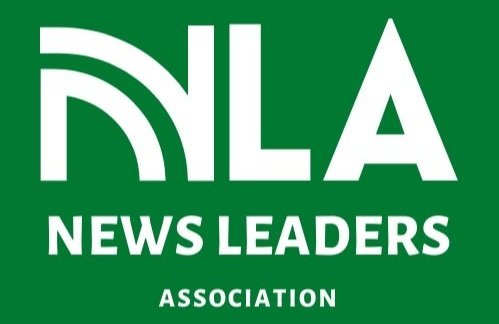PIO Censorship in the Era of Trump
By Kathryn Foxhall
SPJ's FOI Committee
President Trump has already labeled major press outlets the “fake news media” and the “enemy of the people.” His administration has blocked major news outlets from a briefing because it didn’t like what they published.
With that in mind, the public should understand “censorship by PIO” at the federal level: For years, in many federal agencies, staff members have been prohibited from communicating with any journalist without notifying the authorities, usually the public information officers. And they often are unable to talk without PIO guards actively monitoring them.
Now, conversations will be approved or blocked by people appointed by the Trump Administration, some of them political operatives.
The information about the “administrative state” that impacts our lives constantly is under these controls. They also cover much of the data through which we understand our world and our lives.
In January, according to the Washington Post: “Trump called the government’s job numbers ‘phony.’ What happens now that he is in charge of them?”
Some of us may feel less comfortable with Trump people controlling this information flow. But actually a surge in these controls has been building in the federal government and through the U.S. culture for two decades or more.
In many entities, public and private, federal, state, and local those in power decree that no one will talk to journalists without notifying the PIO. Congressional offices even have the restrictions.
They are convenient for bosses. Under that oversight staff people are unlikely to talk about all the stuff that’s always there, outside of the official story.
Beyond that, PIOs often monitor the conversations and tell staff people what they may or may not discuss. Frequently agencies and offices delay contacts or block them altogether. An article on the Association of Health Care Journalists website, advising journalists about dealing with the Department of Health and Human Services, says, “Reporters rarely get to interview administration officials…”
Remember, those HHS people journalists can’t talk to are at the hub of information flow on what works and doesn’t with Obamacare, Medicare, and Medicaid. Or they know whether there are other perspectives on the numbers the agency publishes. Not to speak of the understanding about food and drugs, infectious disease, and medical and health policy research. Many of them could quickly stun us with the education they could give, if they were not gagged.
Another fact that gives pause is these restraints are just for journalists. There are no special rules or offices to stop staff people from having fluid communication with lobbyists, special interest groups, contractors, people with a lot of money, etc.
Fifty-three journalism and open government groups wrote to President Obama asking him to lift the mandate that PIOs be notified of contacts and the related restrictions in federal agencies. We met with people in the White House in 2015 to leave that message for the President. A year ago we pleaded in an editorial that Obama not leave these constraints in place, given the authoritarian rhetoric on the campaign trail and the fact no one can know how these controls will be used in one year or 20 years.
We wonder how former Obama officials feel now about their medications, given that FDA officials can’t talk without Trump controls.
But is it ever even rational to just believe staff people who are under such coercion?
Some journalists –- given our proclivity for believing we always get the story — profess to not be concerned about the PIO controls, saying people on the inside will leak. But do we have any sense of how often that happens? Do we have a 75-percent perspective on an entire agency, or a 2-percent? Nobody leaked when EPA staff people knew that kids in Flint were drinking lead in water or when CDC had sloppy practices in handling bad bugs.
Meantime, we have much more to worry about than just the gagged feds. In surveys sponsored by the Society of Professional Journalists, over half of political and general assignment reporters around the country said their interviews must be approved at least most of the time. Seventy-eight percent said the public is not getting the information it needs because of barriers imposed on reporting and 73 percent said the controls are getting tighter.
Education and science reporters cited similar controls.
Perhaps most chillingly, 56 percent of police reporters said they can never or rarely interview police officers without involving a PIO.
Almost 80 percent of police PIOs said they felt it was necessary to supervise or otherwise monitor interviews with police officers. Asked why, some PIOs said things like: “To ensure that the interviews stay within the parameters that we want.”
However, people in power characterize it, censorship is a moral monstrosity. It leaves people on the inside to control information with their own ideas and motivations. It debilitates all of us with a lack of understanding or, just as bad, skewed information. It takes away trust in our systems. It puts democracy itself in question.
Understandably in shock at President Trump’s attacks on the press, some feel these PIO controls are not a primary priority. Actually, this era makes it clearer than ever why we don’t need to leave these networks of controls to people in power.
Kathryn Foxhall, currently a freelance reporter, has written on health and health policy in Washington, D.C., for over 40 years, including 14 years as editor of the newspaper of the American Public Health Association. Email her at kfoxhall@verizon.net.

